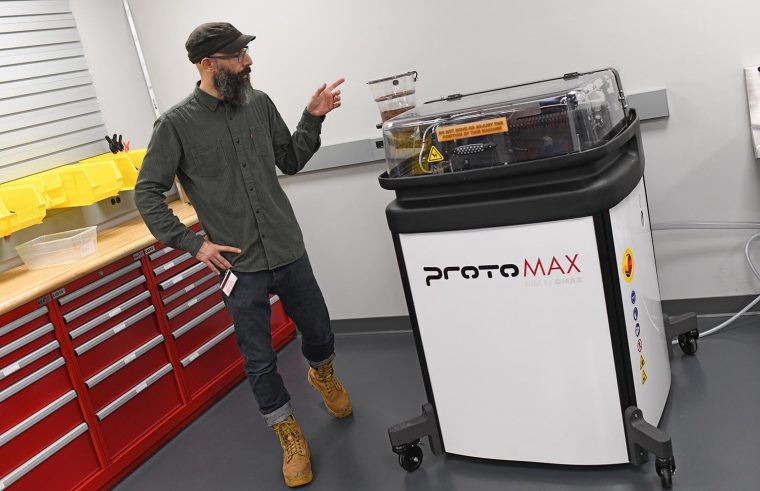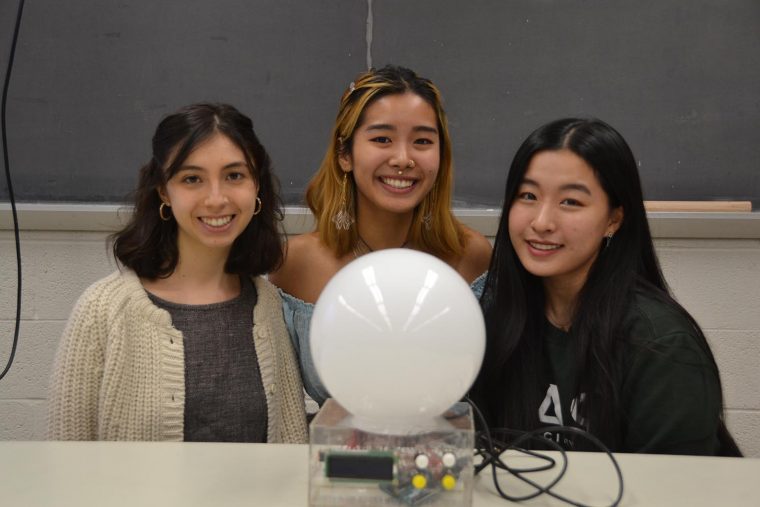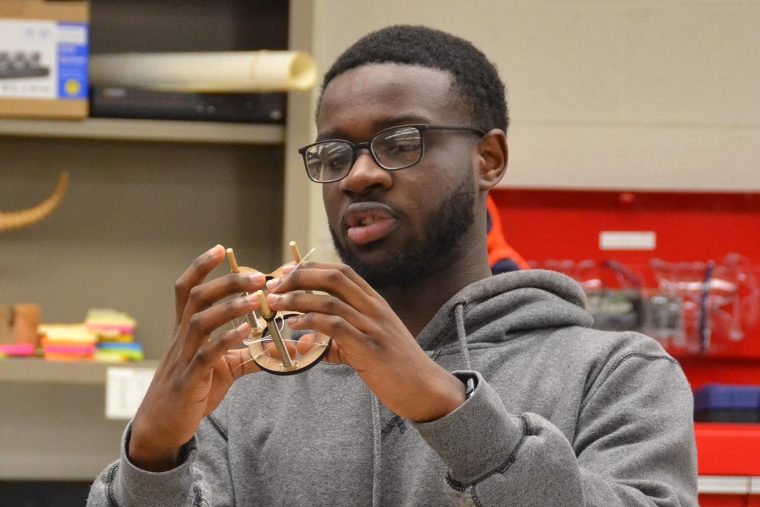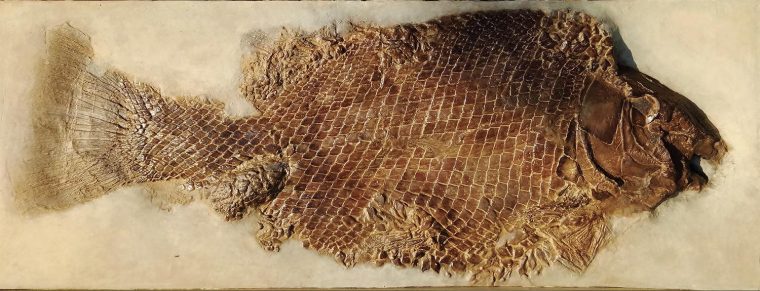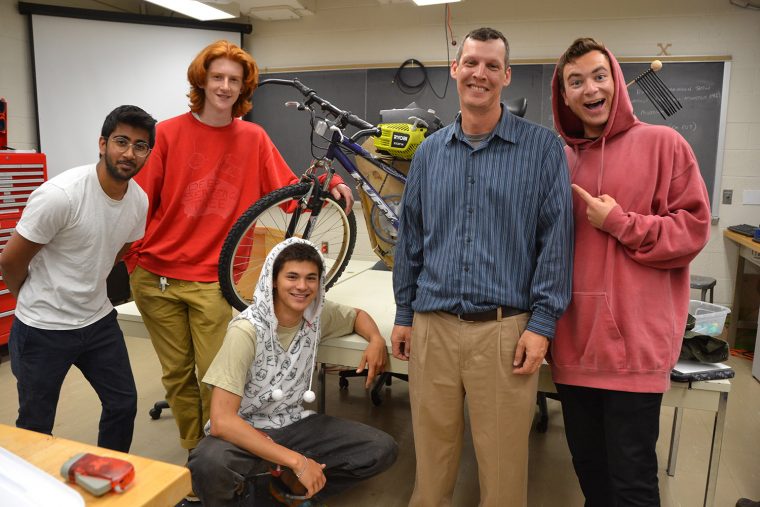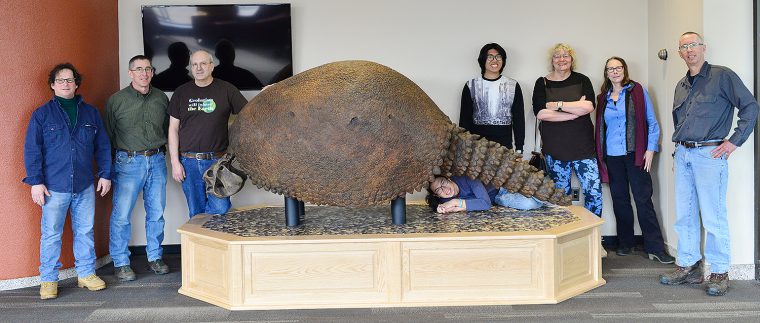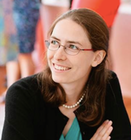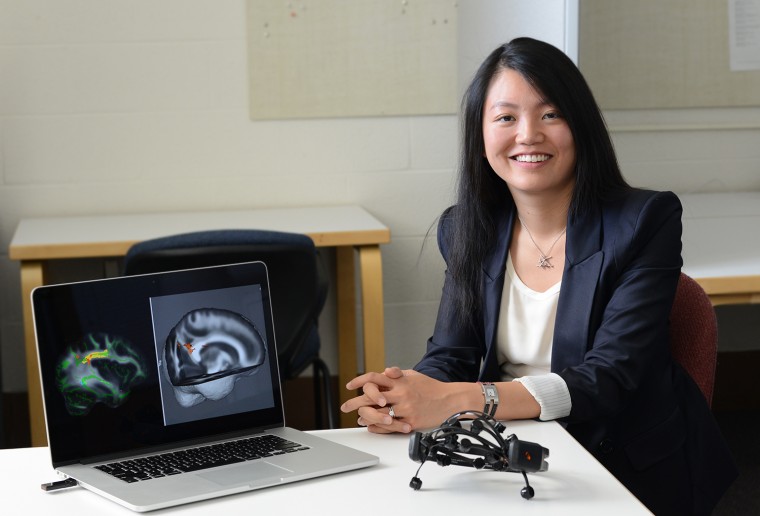Equipped with 3-D printers, water-jet and laser cutters, computer-operated milling machines, and high-tech drills, saws, and workstations, Wesleyan's new IDEAS Lab is on the "cutting edge" of digital fabrication. This fall, the College of Integrative Sciences opened the adjoined classroom and makerspace in Room 40 of Exley Science Center. While it is currently used by students in the IDEAS (Integrated Design, Engineering & Applied Science) program, by spring 2020 the space should be open to the entire Wesleyan community. "The space is the heart of our efforts to provide students with a facility to explore their ideas and create new…
In December, the students of IDEAS 170: Introduction to Design and Engineering presented inventions of their own design. These final group projects are possibly the next new life hacks everyone will crave: a projector that doesn't rely on electricity (great for watching movies when the power is out), a chair that folds flat (packs easily and saves space), or a dorm room light that mimics the sun (helps set your sleep/wake cycle naturally). Additionally, one group of Wesleyan students collaborated with students from Renbrook School in West Hartford. Betsy Flynn, Lower School Learning Specialist at Renbrook, explained: "The Renbrook students…
In this recurring feature in The Wesleyan Connection, we highlight some of the latest news stories about Wesleyan and our alumni. Recent Wesleyan News 1. Los Angeles Times: "As the World Warms, Deadly and Disfiguring Tropical Diseases Are Inching Their Way Toward the U.S." In this op-ed, Professor of Biology Frederick Cohan and Isaac Klimasmith '20, both in the College of the Environment, write that infectious disease is a growing threat, resulting from climate change, that humans may find hard to ignore. Cohan is also professor, environmental studies and professor, integrative sciences. 2. Hartford Courant: "Trump's Immoral Response to Climate Report" Gary Yohe, the…
In this recurring feature in The Wesleyan Connection, we highlight some of the latest news stories about Wesleyan and our alumni. Recent Wesleyan News 1. Inside Higher Ed: "Voting Is Good, but Higher Ed Must Do More" In this op-ed, President Michael S. Roth writes: "In a year when inducements to political violence have become normalized at the highest level, colleges and universities must do more than just encourage our students to vote." It is crucial that colleges actively work to protect free expression, free inquiry, and fact-based discussion, Roth argues. (more…)
Students who are enrolled in the fall semester Introduction to Design and Engineering course presented their midterm projects on Oct. 17 and 18. At the beginning of the semester, the students were given a box of materials and tasked with creating a "hopper"—an object that would spring into the air but only after a delay of 8 seconds (and less than 60 seconds) from when the student released the object. After designing the hopper, and (often) creating multiple prototypes, students used laser-cut wooden pieces, rubber tubes, ball bearings, capacitors, balloons, wire, and other equipment to fabricate their final ideas. The Introduction…
In 1870, Orange Judd bequeathed Wesleyan $100,000 to build Judd Hall, which was designed as a building for the study of natural sciences. Included with this building was the Wesleyan Museum, which housed a prominent natural history collection containing over 300,000 specimens. In 1957, the museum was closed and specimens were donated to other museums, put into storage in various places on campus, or "temporarily" loaned to local schools. In 1970, before the current museum reopened in Exley, the collection stored in the tunnels under Foss Hill was found to have been severely vandalized, with many specimens lost, stolen, or…
Final projects for Introduction to Design and Engineering (IDEA 170 in the Integrated Design, Engineering, and Applied Sciences Minor) included a bicycle powered by a chainsaw motor; reusable, lockable shipping boxes requiring no tape; an electricity-producing dance floor; and the "solar rover"—solar panels with storage batteries mounted on wheels and designed for long-term use around the University as a mobile power source for events and solar power education. Taught by Professor of Physics Greg Voth, who chairs the department, and Assistant Professor of the Practice in Integrative Sciences Daniel Moller, the course offered 16 students the opportunity to work collaboratively on project-based studies…
Throughout time, rising oceanic and atmospheric oxygen levels have been crucial to the habitability of environments at the surface of the Earth. "The Earth had no free oxygen gas in its atmosphere early on," said Ellen Thomas, the Harold T. Stearns Professor of Integrative Sciences. "The oxygen has been provided over time by photosynthesis of algae followed by storage of organic matter in rocks." Thomas, who also is research professor of earth and environmental sciences, examines the timing of oxygen formation in Earth's atmosphere and oceans over geological time in a study published in the May 2018 issue of Science.…
Drug and behavioral addictions like gambling are characterized by an intense and focused pursuit of a single reward above other healthier endeavors. Pursuit of the addictive reward is often compulsively sought despite adverse consequences. In a newly published study, Mike Robinson, assistant professor of psychology, neuroscience and behavior, and integrative sciences explored how our decisions can become narrowly focused onto one particular choice. He and his research team used laser light (optogenetics) to activate the central portion of the brain's amygdala (CeA), an area normally known for its role in generating responses to drug-related and fearful stimuli. The study, titled "Optogenetic…
For the past 60 years, a massive megafauna mammal thrived in crates buried in Wesleyan's tunnels and attics. This month, the creature, known as a Glyptodon, has emerged in Exley Science Center for public viewing. Although the armored armadillo-like animal became extinct more than 10,000 years ago, Wesleyan acquired a fossil cast in the 1870s, where it became a showpiece at the university's Orange Judd Museum of Natural Sciences. In 1957, the museum closed and thousands of artifacts, including the Glyptodon, were haphazardly stuffed into crates and boxes and hauled to multiple locations throughout campus. "After the museum closed, everything was scattered all…
Meredith Hughes, assistant professor of astronomy, assistant professor of integrative sciences, has been named a Cottrell Scholar for 2018 by the Research Corporation for Science Advancement (RCSA). Hughes is one of two dozen early career academic scientists to receive this honor, which comes with a $100,000 award for research and teaching. “The Cottrell Scholar (CS) program champions the very best early career teacher-scholars in chemistry, physics and astronomy by providing these significant discretionary awards,” said RCSA President and CEO Daniel Linzer. (more…)
Psyche Loui, assistant professor of psychology, assistant professor of neuroscience and behavior, assistant professor of integrative sciences, co-authored a new article published in the December 2017 issue of Brain and Cognition. The paper is titled, "Jazz Musicians Reveal Role of Expectancy in Human Creativity." Loui and her colleagues found that within one second of hearing an unexpected chord, there is a world of differences in brain responses between classical and jazz musicians. (more…)


